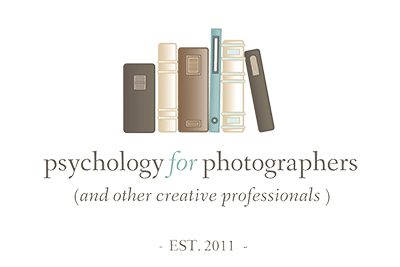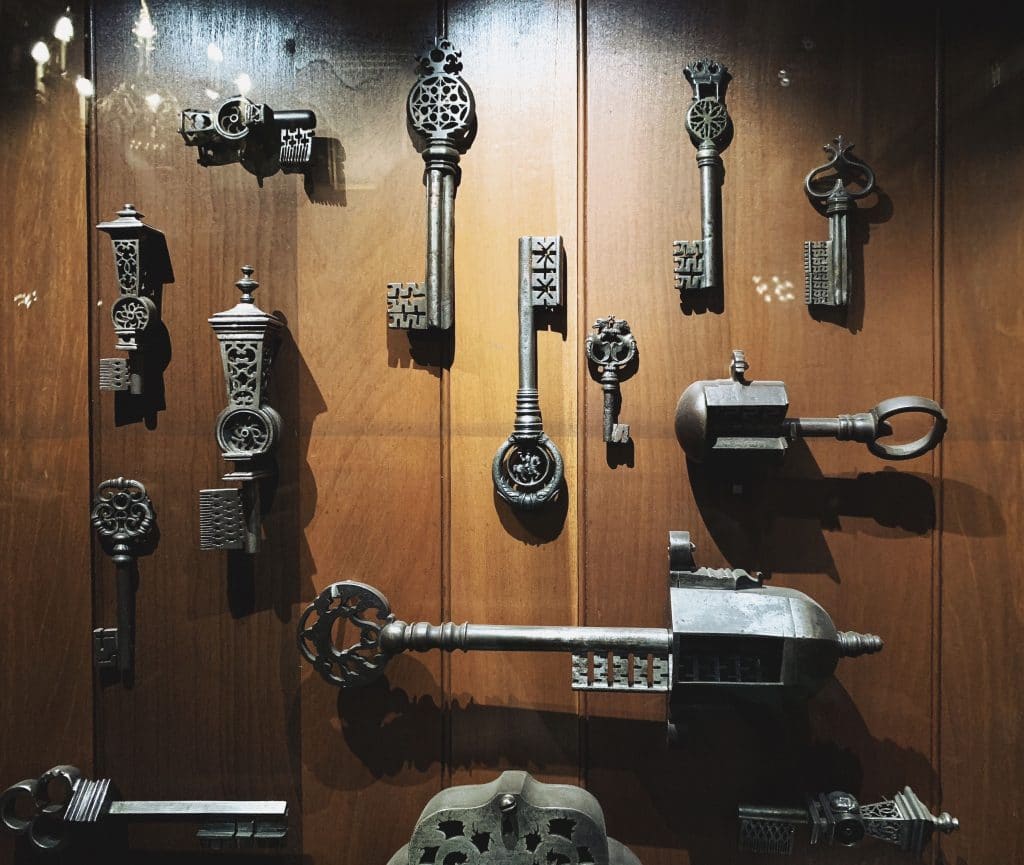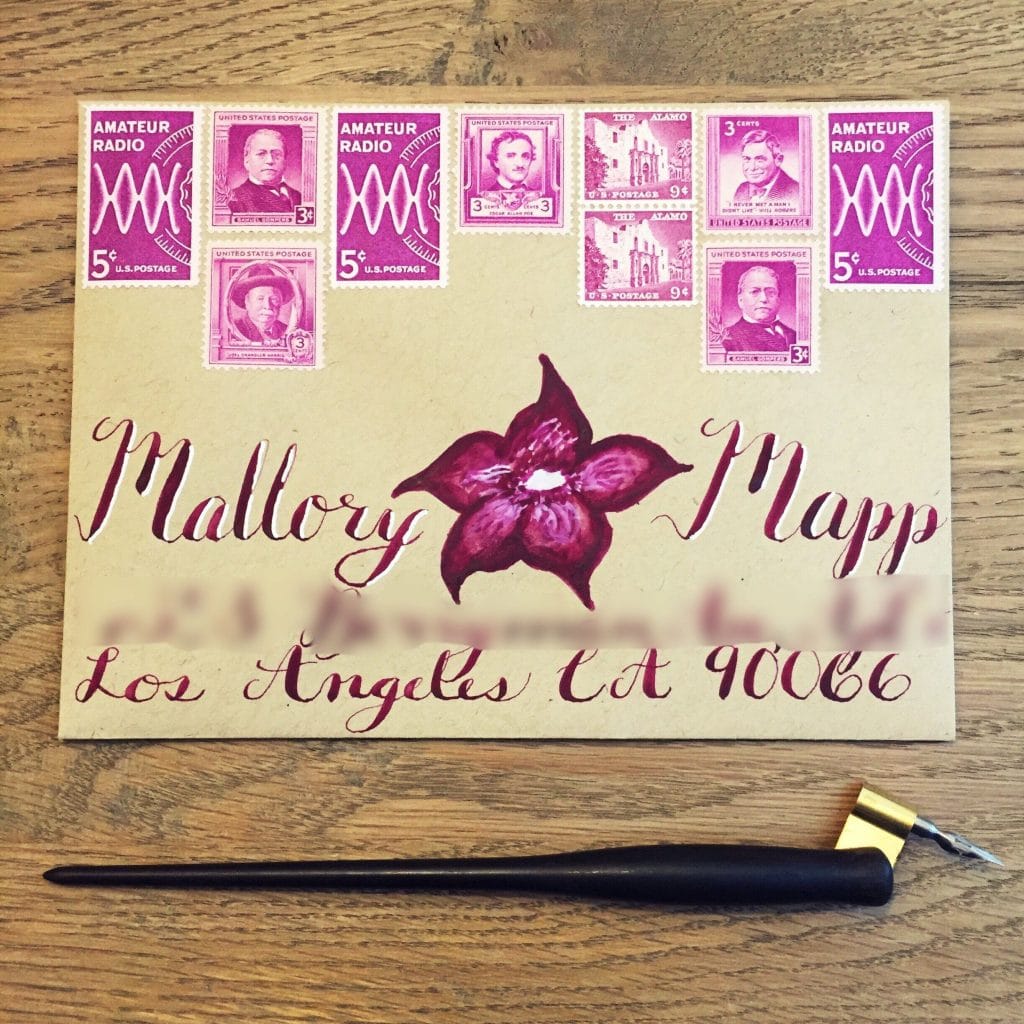The Blog Library
An Unexpected Way to Make All Your Work Go Smoothly.
Each November when we host our feast, my goal is to include at least one person who has never experienced an American Thanksgiving before.
I love the feeling of inclusion and plenty that sharing the holiday brings.
A fun side effect, though, is watching people react to the food.
I’m so used to preparing stuffing, pecan pie, and homemade cranberry sauce that I don’t even think about it. But there’s some shared hilarity in trying to explain to someone how you put a plate together:
“So you eat this pink sauce with your meat….yes I know the sweet potatoes have brown sugar in them, but they’re actually not considered dessert. Um, we eat sweetened pumpkin for dessert instead.”
Thanksgiving feasts may be rich with tradition, but when you explain it fresh, it makes no sense at all in the most wonderful way possible.
I’ve never looked at my table with more wonder, or considered the holiday heritage (both within the nation and within my family) more closely than trying to see it through new eyes.
Curiously, that very exercise – trying to see something familiar with new eyes – is part of what gratitude and appreciation are all about.
The late psychologist Abraham Maslow wrote that the closer we come to living creatively to our fullest potential, the more able we are to “appreciate again and again, freshly and naively, the basic goods of life, with awe, pleasure, wonder, and even ecstasy, however stale those experiences may have become to others.”
We get used to what we have, and when that happens, we can stop seeing it altogether. Thanksgiving is a great time to look anew at what we have. And sharing what you have with others is a great way to re-see what you’ve started to accidentally ignore.
I mention all this because gratitude is one of the most important ways you can become better at your creative work. Actually better.
There’s a documented close link between gratitude and creativity. I wrote about it in a post once, but gratitude both brightens our immediate mood and helps us sustain a good mood over a longer time. In turn, positive moods broaden our minds, help us remember details more vividly, and help us see relationships between seemingly-unassociated ideas.
I am absolutely not joking when I say that the next time you’re feeling blocked at work, look at everything around you and count ten things you’re grateful for. Gratitude leads directly to the mindset from which you can do your best work.
And as the Harvard Mental Health Letter observed, “…although it may feel contrived at first, this mental state grows stronger with use and practice.”
Try it next time you’ve been staring at a screen for too long, with no ideas coming.


